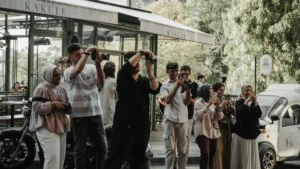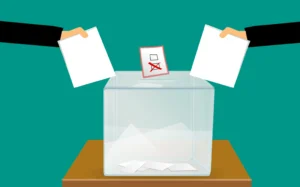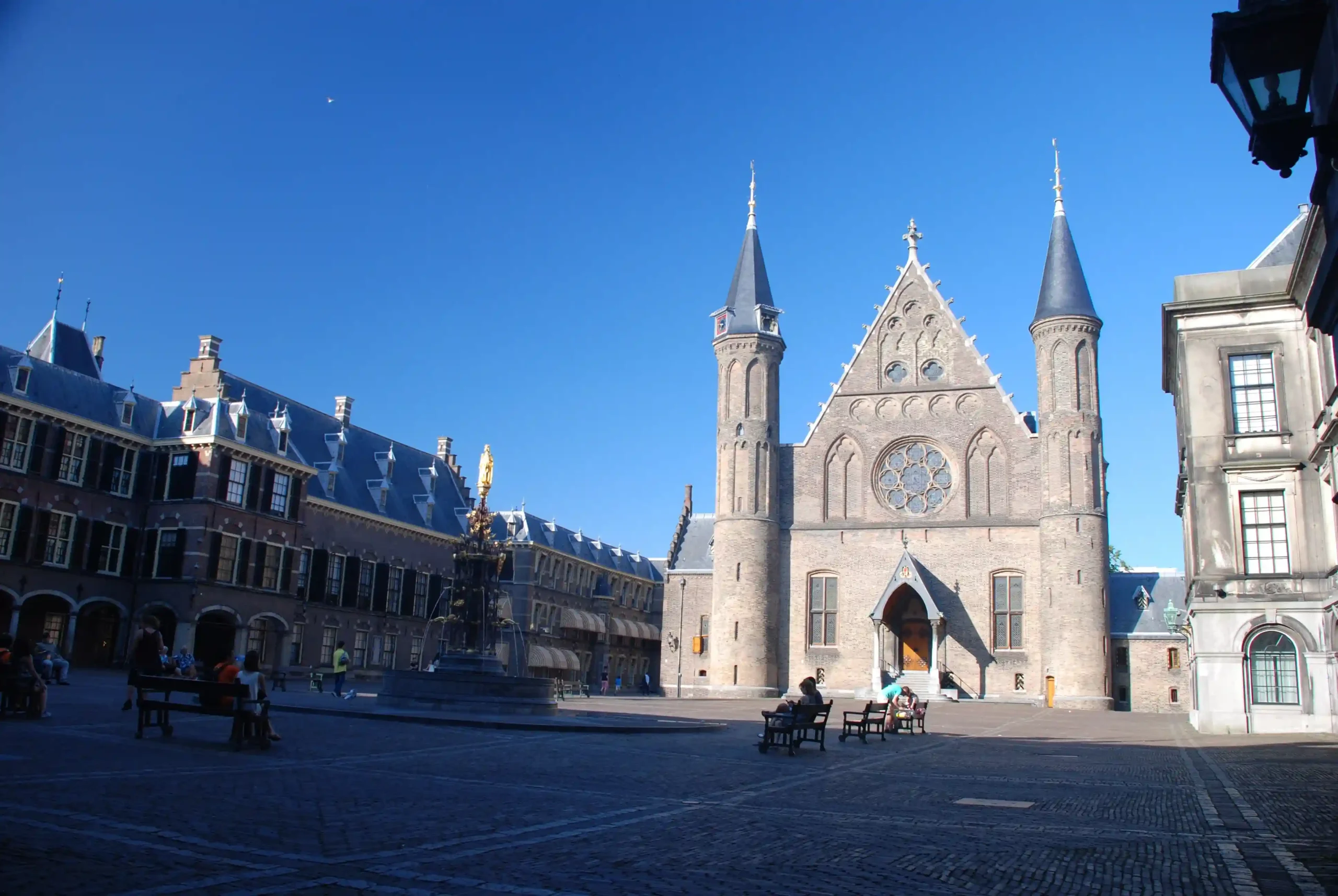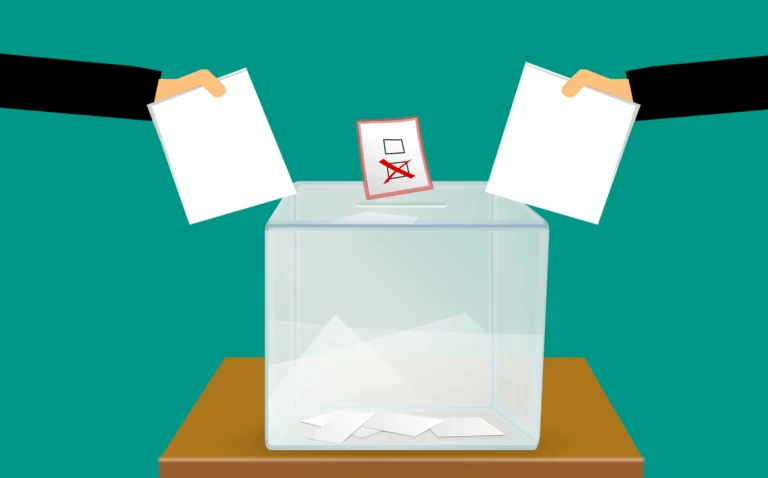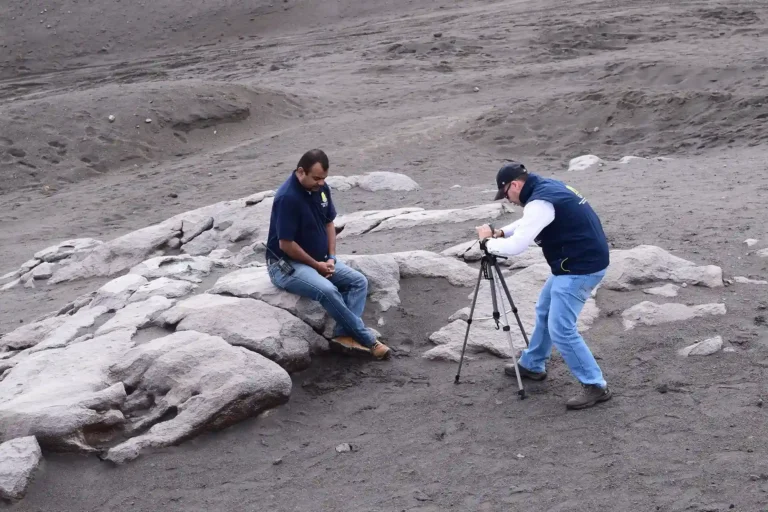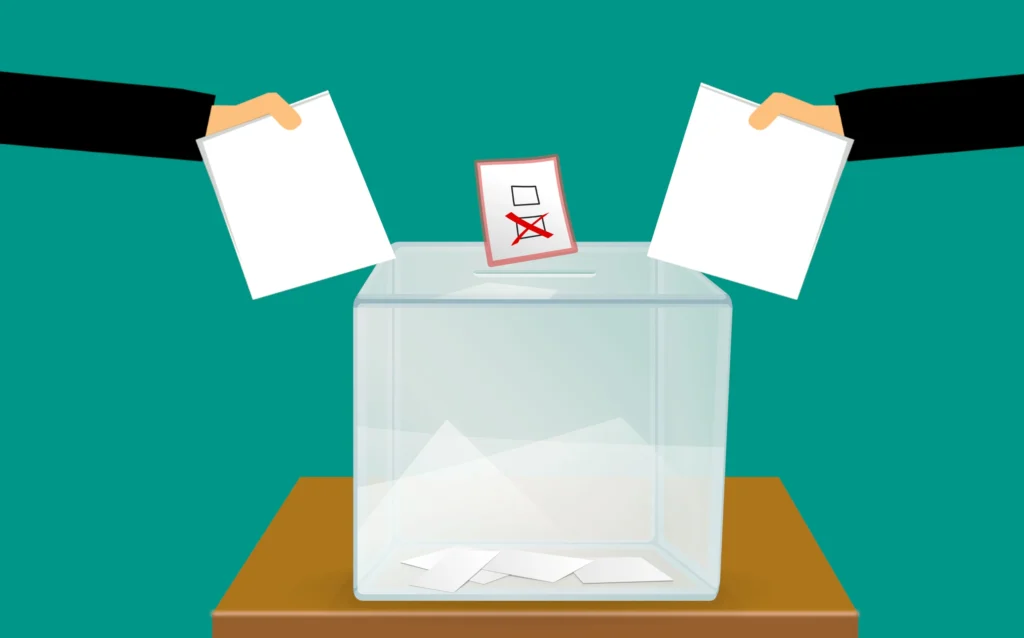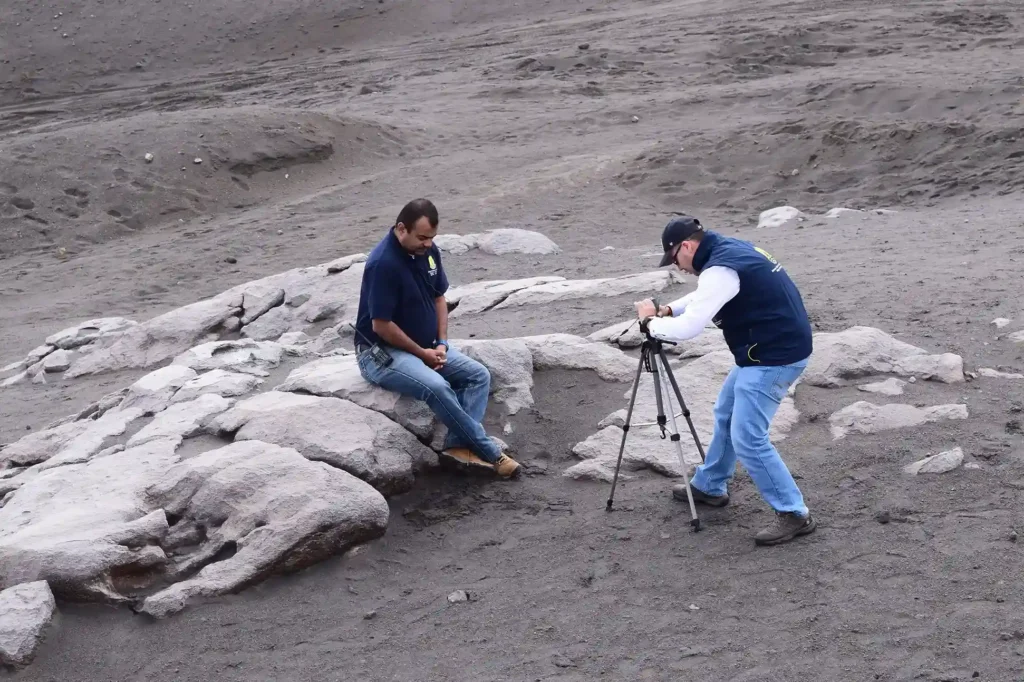Political landscapes are evolving with significant policy changes and leadership transitions shaping governance. Governments worldwide are facing new challenges, from economic reforms to diplomatic tensions. Decision-makers are focusing on strategies to address pressing social and economic issues. Elections and policy shifts are redefining the balance of power. As nations adapt to changing political climates, the impact of governance on societies remains a critical discussion. The influence of global affairs on domestic policies continues to be a focal point for political analysts.
Elections and Leadership Transitions
National and regional elections are influencing political directions across various countries. Leadership changes bring shifts in policies, affecting economic and social landscapes. Political campaigns are driven by key issues such as healthcare, security, and economic stability. Voter participation is playing a crucial role in shaping democratic processes. Electoral reforms are being introduced to ensure transparency and fairness. The emergence of new political figures is reshaping traditional party dynamics.

Economic Policies and Legislative Reforms
Governments are introducing new policies to address economic challenges and boost growth. Tax reforms and financial regulations are being revised to support businesses and consumers. Public spending strategies are focused on infrastructure, healthcare, and education. Legislators are debating trade policies to balance domestic interests with international relations. Regulatory changes in sectors like technology and finance are impacting global markets. Economic stability remains a top priority for policymakers worldwide.

Diplomatic Relations and Global Alliances
International relations are shifting as countries strengthen or reconsider alliances. Diplomatic efforts are focused on resolving conflicts and fostering trade agreements. Sanctions and trade policies are influencing global economic and political stability. Strategic partnerships are being formed to address climate change and security concerns. Leaders are engaging in dialogues to navigate geopolitical tensions. Multilateral cooperation is crucial in addressing global challenges.
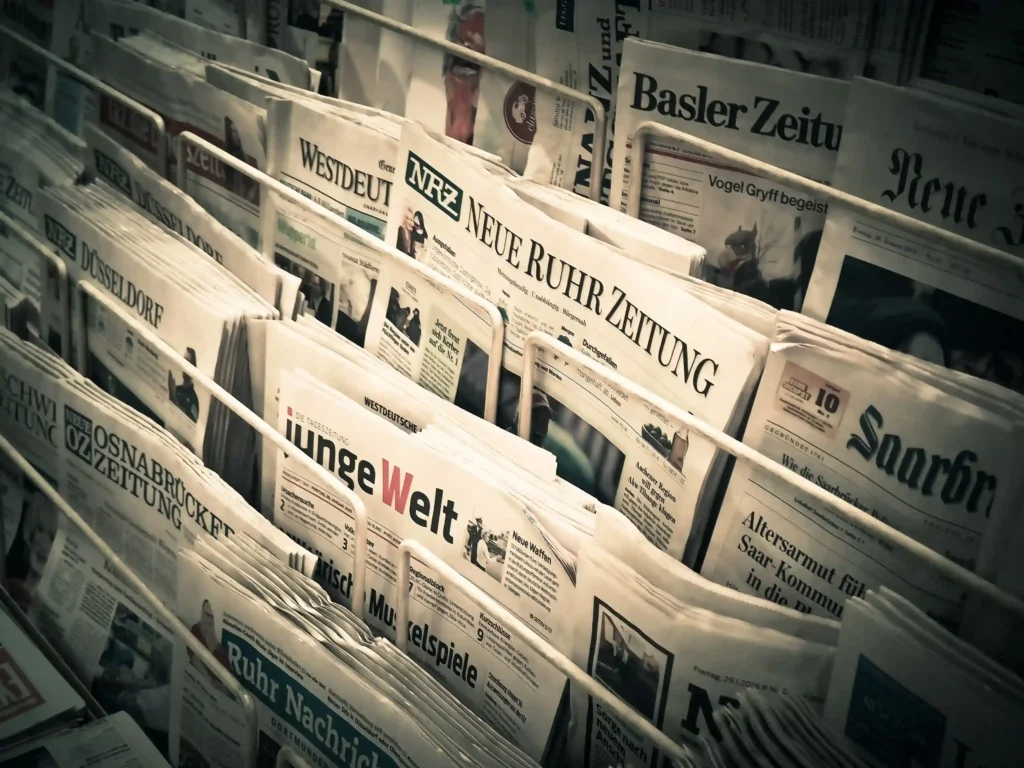
Social Policies and Public Welfare
Governments are implementing policies to improve healthcare, education, and social equity. Social welfare programs aim to support vulnerable populations and reduce inequalities. Debates on labor laws and wages are shaping employment policies. Public healthcare reforms are being introduced to enhance accessibility and affordability. Policymakers are addressing concerns related to digital privacy and cybersecurity. The balance between government intervention and free-market principles remains a key discussion point.

Environmental Regulations and Climate Initiatives
Climate policies are at the forefront of political agendas worldwide. Governments are enforcing regulations to reduce carbon emissions and promote sustainability. Renewable energy investments are increasing to transition towards cleaner alternatives. International climate agreements are shaping national environmental strategies. Policies on deforestation, water conservation, and pollution control are being strengthened. Environmental activism is influencing legislative changes and corporate policies.

Public Opinion and Political Engagement
Citizens are increasingly engaging in political discussions through digital platforms and movements. Protests and demonstrations are highlighting key social and political issues. Media and journalism play a crucial role in shaping public perceptions of governance. Political awareness is growing, leading to more informed and active participation. Governments are using digital tools to enhance transparency and public engagement. The influence of social media on political discourse continues to evolve.

Political landscapes are experiencing transformations influenced by leadership changes, policy reforms, and global dynamics. Elections and economic policies are shaping governance approaches. Diplomatic relations and international cooperation remain critical for stability. Social and environmental policies are gaining momentum in decision-making processes. Public participation and digital activism are driving political awareness and accountability. As governments navigate evolving challenges, the future of political leadership and policies will shape societal progress.

